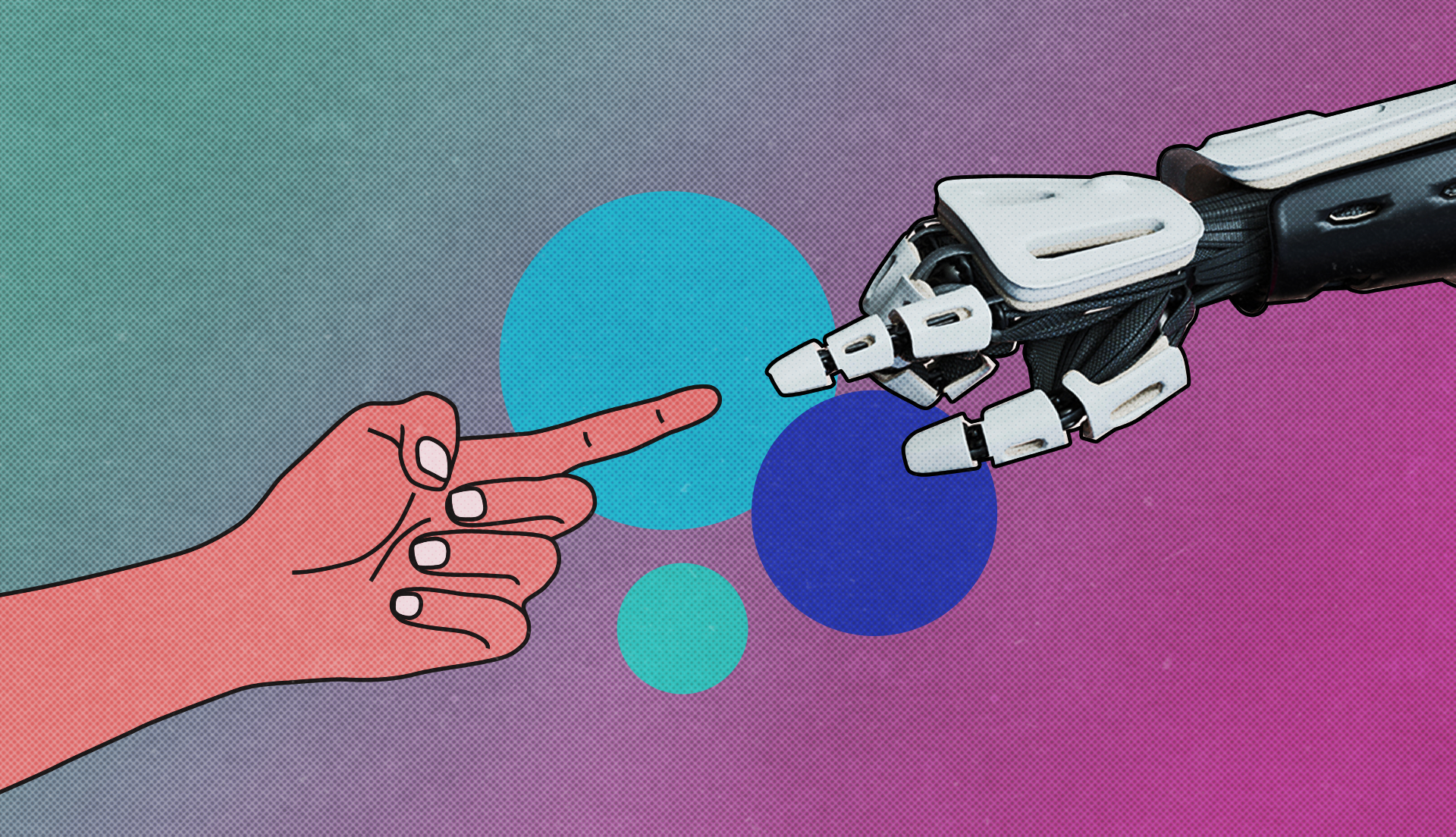Much like the digital age has transformed every way we work and play, AI (artificial intelligence) will have impacts beyond what we are already experiencing thus far. Today, more than 50% of businesses have adopted AI in at least one job function, according to the State of AI survey by McKinsey & Company. While manufacturing once saw some of the largest gains in revenue from adopting AI (think smarter assembly lines and preventative maintenance alerts), we’re now seeing the more "creative" job functions such as sales, marketing, and product development experience the largest revenue gains after adopting AI.
While the technology is sure to eliminate some jobs and already has (the World Economic Forum Future of Jobs report estimates 85 million jobs will be lost to AI by 2025), it also predicts 97 million new jobs will be created. Creative jobs will be less focused around repetitive tasks like copywriting or social media posting, and more focused on critical thinking and creative applications of the technology. Leaders should prepare considering what scaling technologies they want to lean into — and what human talent they should hire to manage it.
Don't Fear the Robot Revolution
AI can sometimes get a bad rap by being portrayed as an all-encompassing technology that eventually will take all our jobs and then take over the world. But Natalie Monbiot, Head of Strategy at AI video creation company Hour One, says those fears are completely overblown. "We're giving AI too much credit," she said. As famed AI researcher Andrew Ng put it, it's like worrying about "overpopulation on Mars."
"AI helps us do the things we mostly can't do, or don't want to do," said Monbiot. "Thinking of AI as subservient to humans is the best way to look at it. In fact, paradoxically, AI can be very human, and allows us to scale human understanding, the things that are distinct about human beings."
In the case of Hour One, human communication is scaled by their AI algorithms that can take a single video of a human presenter, and then transform it into hundreds or thousands of videos in different languages or with any possible script — something previously impossible to scale.
"Even if you had all the money in the world, all the time in the world, and you could still have the same human subject in the studio, they wouldn't be able to deliver exactly the same expression and consistency every time," she said. "You're augmenting human skills, and taking it far beyond what is biologically possible. It's opening new doors to things that we never imagined possible."
A Maker Versus a Taker
Leaders should see AI more of a collaborative assistant than a replacement for creative minds, automating the tedious tasks and allowing more time for imagination to thrive. "I look at AI as an opportunity maker, not a taker," said Clare Dorrian, Chief Marketing Officer at SugarCRM. "By removing the tedious, menial, and repetitive tasks, AI has the potential to free up mental space so you and your team can be even more innovative and creative."
The positive revenue impacts are also hard to overstate, especially in the martech realm said Dorrian. "By delivering new predictive customer journey analytics, AI is providing enlightenment to marketers, via hidden insights and in-between traditional customer journey mile marketers, all in real-time," she said. "This is vastly improving the efficacy of sales, marketing, and service." AI has also taken the discipline in a data-oriented direction, versus the "gut-feel" decisions, leading to more strategic sales, marketing, and customer care resource investments.
Beware of Bias
That's not to say all AI is bulletproof. Automated systems rely on the input of the data to create the training sets and machine learning; if the data going into an algorithm is biased, the data going out can be biased too. A few years ago, Amazon famously scrapped a recruiting tool that showed bias against women. Because more men had applied in the tech-heavy space, the algorithm learned to favor male candidates and downgraded resumes that used the word "women's," like women's chess club captain.
The ability to spot those biases, advocate for more inclusive data, and keep a critical eye on how algorithms are being used will be paramount to the next generation of leaders if AI is going to accurately reflect our diverse world.
Stay Curious
In the end, it's not about becoming an expert in AI overnight. Instead, we should look at the problems and inefficiencies we want to solve, stay curious about the AI solutions that might be able to fix them, and hire the critical thinkers now for the roles that AI will create in the future.

